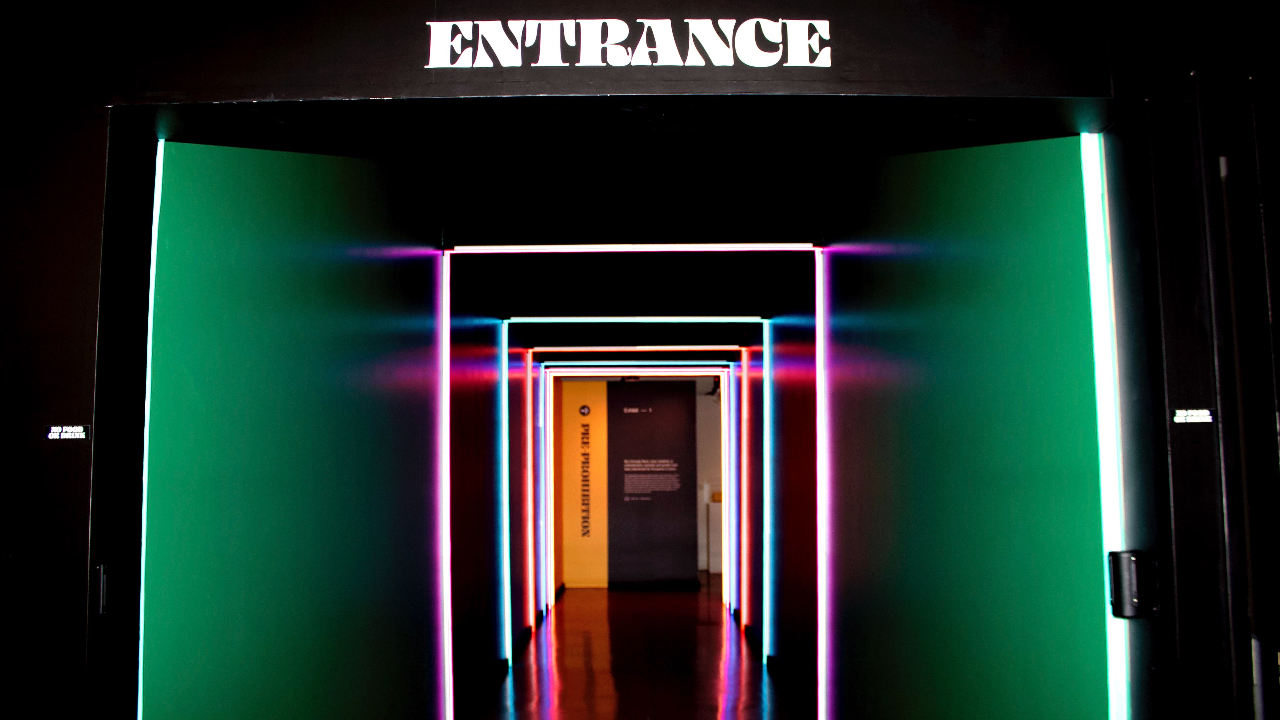Non-Drug Psychedelic Experience
(i.e. Psychedelics Without the Drugs)
Mar 08, 2023

Until just recently, psychedelic drugs like psilocybin (magic mushrooms), LSD, MDMA, and ketamine were shrouded in clouds of suspicion and stigma.
They were illicit and illegal, the drugs often associated with hippies, 1970s rock musicians, and rave junkies.
But as you may have noticed, the cultural status of these compounds is changing, and it's changing fast.
In just the few months, numerous states have legalized the use of psilocybin.
In just the last few weeks, psychedelic assisted therapy was featured on John Oliver's Last Night, the New York Times' podcast The Daily, and the Multidisciplinary Association for Psychedelic Studies (MAPS) released new results from their trials on MDMA as a treatment for PTSD. These findings show that after just three MDMA-assisted sessions, two thirds of patients no longer met the criteria for PTSD, a result that will likely lead to full FDA approval of MDMA by this time next year.
Nate has spent the last year exploring this emerging field of psychedelic assisted therapy for his new book Open, both by digging through the research and experiencing this novel approach to therapy first-hand.
What has he found? The potential rewards are astonishing. But, if you're not careful, so are the risks.
So it's worth also considering a different way to think about psychedelics: Non-Drug Psychedelic Experience.
Here's the idea. At base, psychedelic drugs are what Stanislav Grof called "non-specific amplifiers." They turn up the volume on certain areas of the mind and thus allow us to open to radical new dimensions of experience.
But this is where things get interesting because psychedelic drugs aren't the only non-specific amplifiers. Music, breathing, and other powerful stimuli can have a similar, albeit milder, amplifying influence on the mind.
This means that we can cultivate a version of psychedelic experience without the psychedelic drugs. We can instead use mindset, setting, and carefully curated music to experience shorter, more regular, micro-psychedelic experiences in everyday life.
In this way, non-drug psychedelic experience is similar to the increasingly popular practice of microdosing, with one essential difference: in this approach, we're not microdosing the compound, we're microdosing the experience.
How can you explore this practice of non-drug psychedelic experience?
Tools
1. Set and setting.
One of the most powerful contributions of history's most notorious psychonauts, people like Timothy Leary and Ram Dass, is the idea that the set (mindset) and setting have a huge influence on the trajectory of psychedelic experience. A reckless set and setting is often the best way to produce a bad trip into the hell realms of the mind. A carefully curated one is one of the best ways to cultivate a more positive and healing outcome.
A well designed set and setting is so powerful that even without the drugs, it can open up new possibilities in the mind.
In non-drug psychedelic experience, we leverage that power as the primary source of mind amplification.
So to begin the practice, find a comfortable and quiet place. Lie down on your back. Place a pillow behind your head. Put on an eye mask to experience total darkness, and use noise canceling headphones or earbuds if you have them.
2. Your mind on music.
Music may not be a drug in the traditional sense, but it holds tremendous power to amplify the atmosphere of your mind. So once you get comfortable, put on your favorite blissed-out playlist.
Or, if you're looking for inspiration, Nate has put together three carefully curated non-drug psychedelic playlists on his Spotify account (click here). Press play and see what happens next.
3. Open.
Non-drug psychedelic experience isn't the same as meditation. It's not about building the muscle of focused attention by following the sensations of breath.
The critical faculty in this practice isn't attention. Its intention. It's becoming comfortable with letting go.
Allow this rare experience of having absolutely nothing to do, the music, and the setting to take you on a journey. See if you can say "yes" to whatever arises and notice how everything -- the music, the thoughts, the emotions, the images -- is constantly changing.
How long should you do it? Because we are microdosing psychedelic experience, there's no need to stay here for hours and hours. Even just five or ten or thirty minutes has the power to radically transform the atmosphere of your mind.
Want more of these life tools delivered to your inbox?
Sign up for the Klemp Insights Newsletter.
